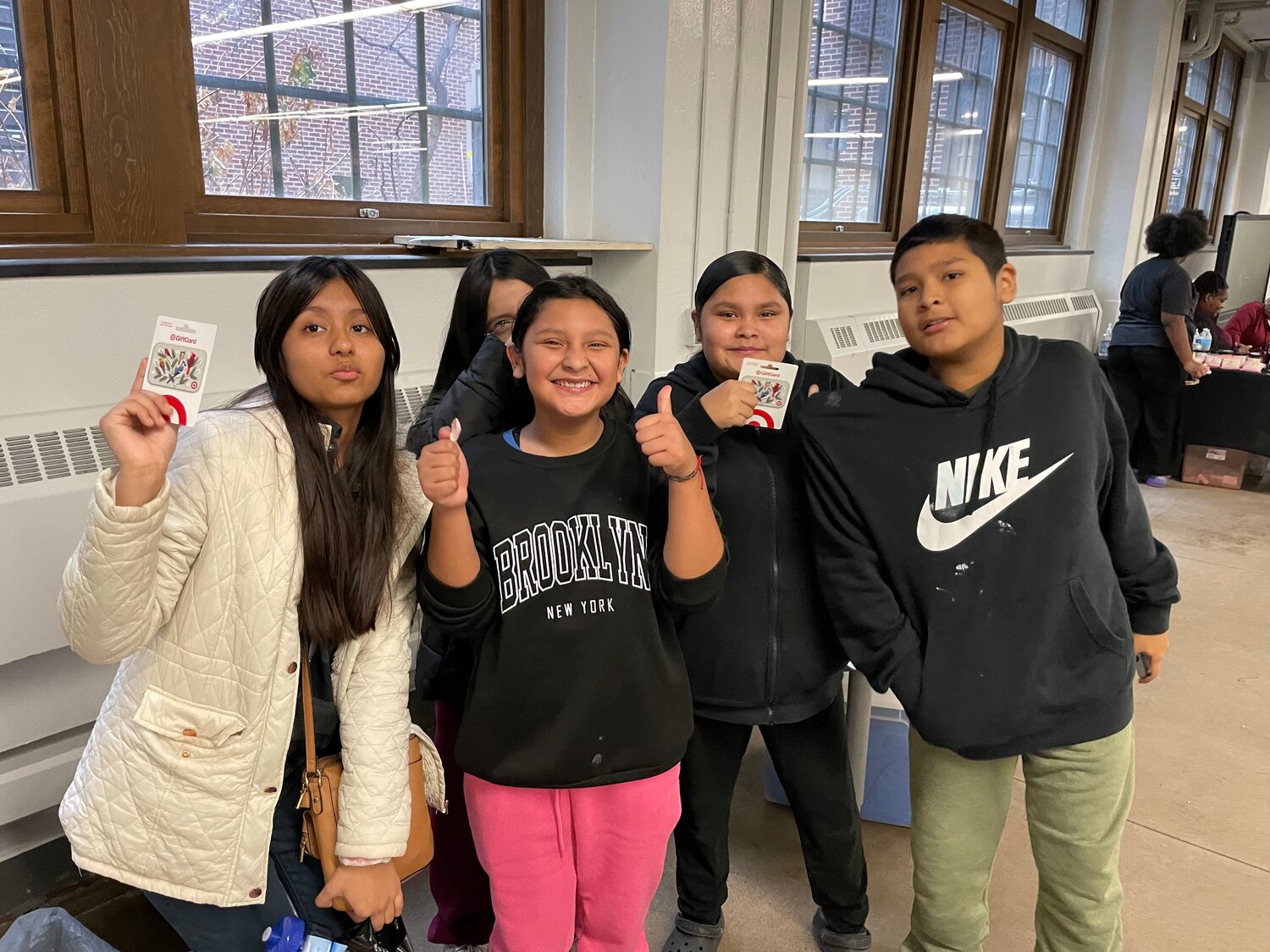
It's hard to get a consensus on anything in the United States these days. But one issue unites the whole country.
According to "The State of Kids and Families in America 2024," a report from Common Sense Media, everyone has concerns for the future of America's children.
"Contrary to conventional wisdom, voters across party lines favor investment in kids and families, see a role for government, and think that politicians are failing to deliver," says the report. "And teens don't disagree—they want more from their schools and their leaders, and worry that the lives their parents lead today may not be accessible to them in the future."
Lake Research Partners and Echelon Insights conducted two surveys in English and Spanish for the research, one of 1,000 likely voters and one of 884 kids and kids and teenagers age 12 to 17. The survey showed their worries, hopes, and proposed solutions for change.
These were the key findings:
Being a parent or kid is not easy today. Some people are questioning if the kids of millennials are already doomed. These kids are part of "Generation Alpha," born in 2010 or later, with over 46 million alpha children in the United States and rising.
These youth have grown up with digital devices, lived through a pandemic, are heavy YouTube and TikTok users, and have unique challenges. Over 60 percent of them not reading proficient, they have reduced attention span and concentration, less development of creativity and imagination, and more social emotional development issues, including increased depression, anxiety, and loneliness.
I have seen these challenges firsthand in Minneapolis. As the parent of three kids (age 16 and under) and the executive director of the Strong Mind Strong Body Foundation, a youth and community development organization that works with students (grades K-12), the issues are real.
Many kids are addicted to devices. They prefer being on phones and tablets to reading books or playing outside. They lack empathy and do not have the same inherent respect for elders as previous generations.
It's not their fault. Our world, in its current state, is not conducive to positive learning.
A pandemic, distance learning, and social media have accelerated the age of "act wrong." Many kids 14 and under don't know how to act right. In general, they are not getting enough education.
Many parents don't have time to provide guidance. They are struggling to make ends meet (sometimes working multiple jobs). Most U.S. public schools don't have the necessary resources. Teachers are undervalued and underpaid. Good teachers are in short supply and need more support.
Many youth are growing up with YouTube and TikTok influencers and video games as their role models. Some of these influencers and video games have little to no value. They are junk food for the mind, garbage for the soul. Many youth follow these digital influencers. As a result, many youth have behavioral issues and don't know how to treat people with respect or kindness.
Many kids today are navigating life like a rudderless ship. We need to help steer them in the right direction.
This is why the Strong Mind Strong Body Foundation started a community solutions with youth program and partnered with schools in Minneapolis to provide more educational and economic opportunities.
As part of our community solutions program, we developed a youth journalism program. Our first school is Ella Baker in Uptown. We created an online school newspaper called Ella Baker News to give youth the opportunity to learn journalism skills.
We can continue to course correct.
As Common Sense founder and CEO Jim Steyer writes, legislation provides a chance to fix our missteps on regulating social media and hold tech companies accountable. Two key bills in New York, The SAFE for Kids Act and New York Child Data Protection Act, can serve as a model for protecting children online.
It's not too late to educate the public about cybersecurity and AI risks and install guardrails.
It's not too late to build a world where all young people can thrive.
It's not too late to put kids and families first.
Eric Ortiz lives in the Wedge with his family. When he’s not bonding, he is community building with the Strong Mind Strong Body Foundation and writing bilingual children’s books with his kids. Their first book, “How the Zookalex Saved the Village,” is available in English and Spanish.
Comments
No comments on this item Please log in to comment by clicking here